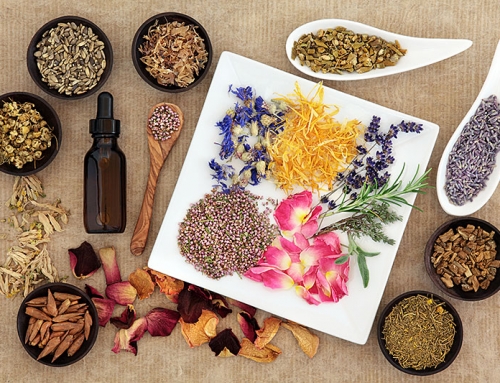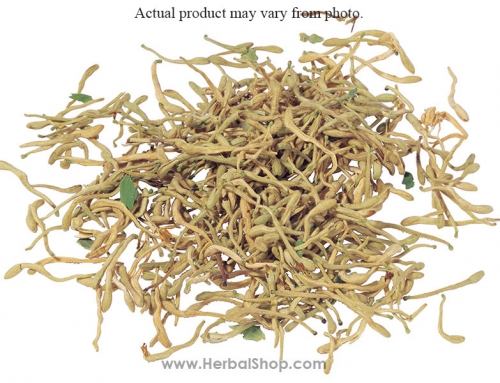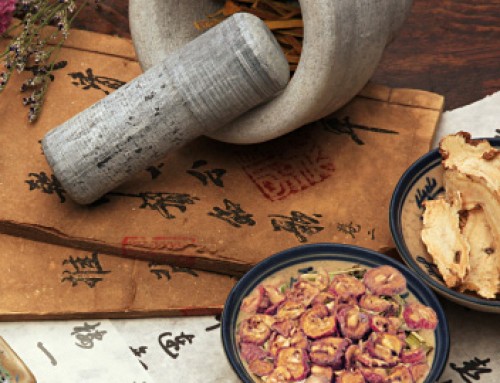萆薢
Hypoglauca yam (Bixie)
Pharmaceutical Name: Rhizoma Dioscoreae hypoglaucae
Botanical Name: 1. Dioscorea hypoglauca Palib. 2. Dioscorea septemloba Thunb.. 3. Dioscorea futschauensis Uline
Common Name: Hypoglauca yam
Source of Earliest Record: Shennong Bencao Jing
Part Used: The rhizomes are dug in spring or autumn. After the fibrous roots have been removed, the rhizomes are cleaned, dried in the sun and cut into slices.
Natural Properties & Taste: Bitter and neutral
Meridians: Liver, stomach and urinary bladder
Therapeutic Effects:
1. To resolve turbid urine.
2. To expel wind and transform dampness.
Indications:
1. Turbid urine caused by cold-damp in the urinary bladder. Hypoglauca yam (Bixie) is used with Bitter cardamom (Yizhiren), Grass-leaved sweetflag (Shicangpu) and Lindera root (Wuyao) in the formula Bixie Fenqing Yin.
2. Mild urinary problem due to damp-heat flowing down to the urinary bladder. Hypoglauca yam (Bixie) is used with Phellodendron bark (Huangbai) and Plantain seed (Cheqianzi).
3. Wind-damp obstruction syndrome manifested as joint pain, numbness of the lower limbs and lower back pain. Hypoglauca yam (Bixie) is taken alone.
4. Cold-damp obstruction syndrome. Hypoglauca yam (Bixie) is used with Cinnamon twigs (Guizhi) and Prepared aconite root (Fuzi).
5. Damp-heat obstruction syndrome. Hypoglauca yam (Bixie) is used with Mulberry twigs (Sangzhi), Large-leaf gentian root (Qinjiao) and Coix seed (Yiyiren).
Dosage: 10-15 g






